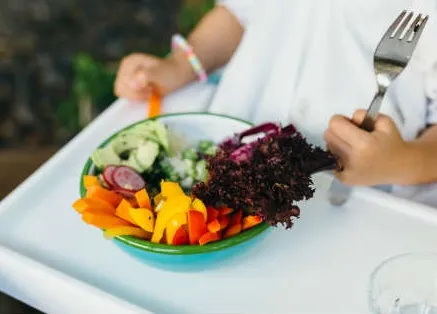ByOnlinecourses55

Transition to vegetarian diet - nutrition vegetarian
Starting a diet is not easy, as it involves many changes in our diet and lifestyle. Diets not only affect what we eat, but also our daily routines, social life, and work. Therefore, it is important to avoid drastic changes when starting out.
In this lesson, we will show you how to make a proper transition to a vegetarian diet to avoid making mistakes or abandoning it in the short term.
For those who are used to consuming meat, fish and seafood on a regular basis, it can be difficult to eliminate them radically. Therefore, it is best to make the transition to a vegetarian diet progressively, gradually reducing these foods and increasing the consumption of vegetables and fruits.
This process can take weeks, depending on your previous diet and how your body assimilates the changes. Decrease meat consumption weekly and experiment with new vegetarian recipes.
If you have favorite dishes that include meat or seafood, look for alternatives with "vegetarian meats."
Here are some popular options:
Contrary to popular belief, the vegetarian diet is not limited to lettuce and chard. There is a wide variety of foods you can include in your diet. It is helpful to plan weekly menus with different meals to cover all your nutritional needs and enjoy the experience without it feeling like an obligation.
Social life also influences the success of a diet. Don't let your diet keep you from enjoying yourself with friends or family. Find restaurants, bars or cafes with vegetarian menus to continue enjoying those moments. This way, the transition will be more bearable and your body will get used to this new lifestyle.